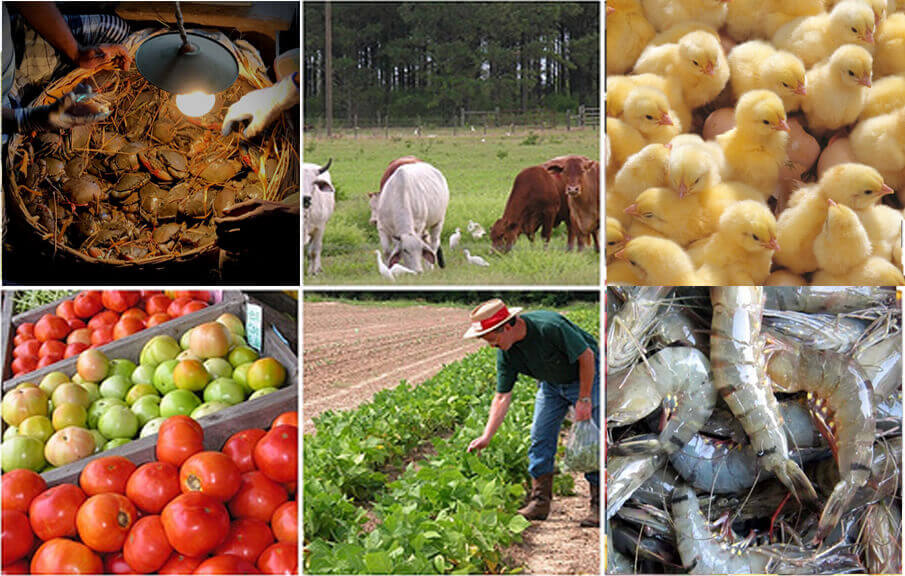1. Selection and Preparation
Selecting the right seasonal vegetables is the first crucial step. Ensure you choose vegetables that are fresh and at their peak ripeness. Wash them thoroughly to remove any dirt, pesticides, or residues. Depending on the type of vegetable, you may need to peel, chop, or blanch them. Blanching involves boiling the vegetables for a short period and then plunging them into ice water to stop the cooking process, which helps preserve color and nutrients.
2. Preservation Methods
There are several methods to preserve seasonal vegetables for later use:
- Freezing: After blanching, freeze the vegetables in airtight containers or freezer bags. Freezing helps retain nutrients and flavor.
- Canning: Use proper canning techniques to store vegetables in jars. This method involves sterilizing jars, filling them with vegetables and a preserving solution (like brine or vinegar), and sealing them with a vacuum process.
- Drying: Dehydrate vegetables using a food dehydrator or a low-temperature oven. Once dried, store them in a cool, dry place in airtight containers.
- Pickling: Immerse vegetables in a solution of vinegar, salt, and spices. This method not only preserves the vegetables but also enhances their flavor.
3. Cooking and Consumption
When you’re ready to consume the preserved vegetables, there are numerous cooking methods to bring out their best flavors:
- Steaming: This method helps retain most of the nutrients while giving the vegetables a tender texture.
- Roasting: Roasting brings out the natural sweetness and adds a crispy texture to vegetables.
- Stir-frying: A quick and healthy way to cook vegetables, preserving their crunch and nutritional value.
- Soups and Stews: Incorporate preserved vegetables into soups and stews for a hearty and nutritious meal.
Company Name
20 Feb, 2018
Business Consulting


1. Nutritional Value
Seasonal vegetables are harvested at their peak ripeness, ensuring they are rich in vitamins, minerals, and antioxidants. Consuming vegetables in season means you get the most nutrients they have to offer, contributing to better overall health.
2. Better Taste
Vegetables that are in season are fresher and more flavorful. They haven’t traveled long distances or been stored for long periods, which often results in superior taste and texture.
3. Cost-Effective
Seasonal vegetables are typically more abundant and therefore less expensive than out-of-season produce. This can lead to significant savings on your grocery bill while still providing high-quality, nutritious food.
4. Environmental Benefits
Eating seasonal vegetables reduces the carbon footprint associated with transporting out-of-season produce from distant locations. It also supports local farmers and encourages sustainable farming practices.
5. Variety and Creativity in Diet
Each season brings a new array of vegetables, encouraging dietary variety and creativity in the kitchen. This not only keeps meals interesting but also ensures a wide range of nutrients throughout the year.
6. Health Benefits
Different seasonal vegetables offer unique health benefits. For example, winter vegetables like kale and Brussels sprouts are high in immune-boosting vitamin C, while summer vegetables like tomatoes and bell peppers are rich in antioxidants that protect against sun damage and promote healthy skin.
By understanding the best ways to process seasonal vegetables and their benefits, you can enjoy a healthier, more flavorful, and environmentally friendly diet all year round.
1Lorem ipsum dolor sit amet, consectetur adipisicing elit, sed do eiusmod tempor incididunt ut labore
2Lorem ipsum dolor sit amet, consectetur adipisicing elit, sed do eiusmod tempor incididunt ut labore
3Lorem ipsum dolor sit amet, consectetur adipisicing elit, sed do eiusmod tempor incididunt ut labore
Lorem ipsum dolor sit amet, consectetur aditpisicing elit, sed do eiusmod tempor incididunt ut labore et dolore magna aliqua. Ut enim ad mini veniam, quis nostrud exercitation ullamco laboris nisi ut aliquip ex ea commodo consequat. Duis aute irure dolor in reprehenderit in voluptate velit esse cillum dolore eu fugiat nulla pariatur. Excepteur sint occaecat cupidatat non proident, sunt in culpa qui officia deserunt mollit anim id est laborum.
- Lorem ipsum dolor sit amet, consectetur
- Adipisicing elit, sed do eiusmod tempor
- Incididunt ut labore et dolore magna aliqua
- Enim ad minim veniam, quis nostrud exercitation



